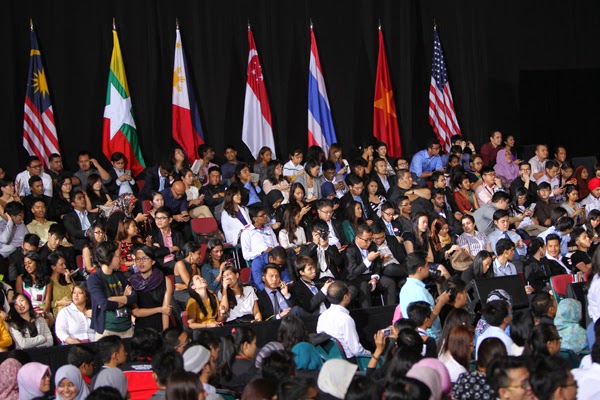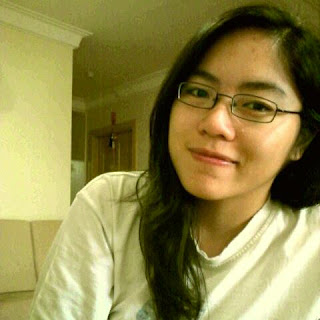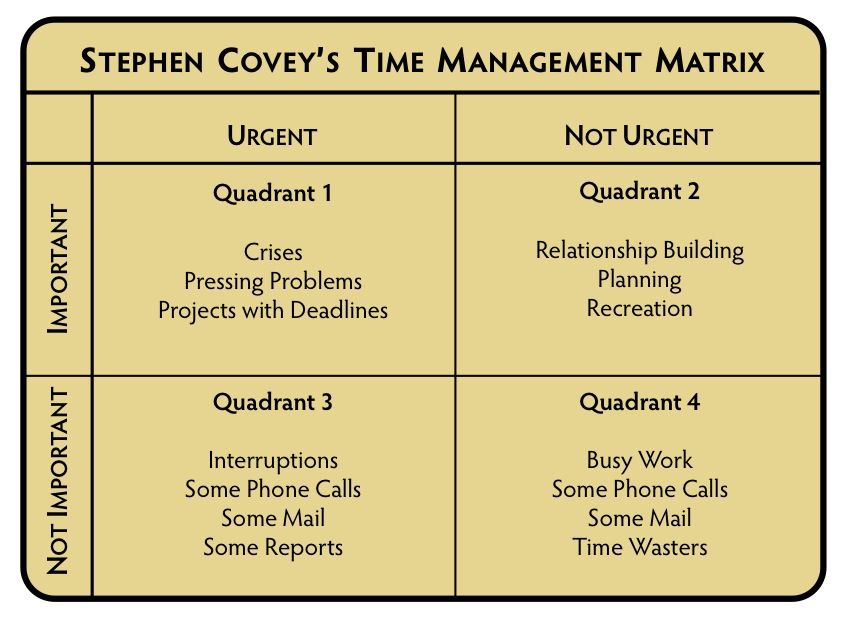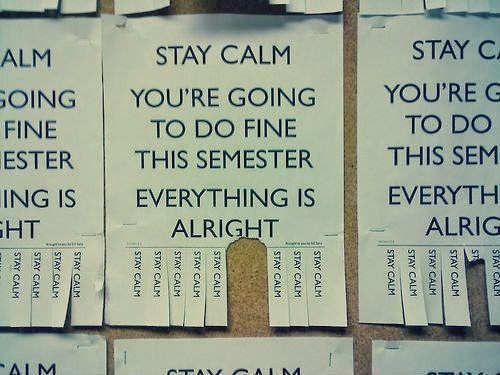The visit of President Obama, the first African American president since 1789 and the first to arrive at our shores since the visit of Lyndon B Johnson almost five decades ago sparking Obamania amongst the campus community and beyond with invited guests lining up the Dewan Tunku Canselor (DTC), the venue of the Young South East Asian Leaders Initiative Town Hall entrance hours before the allotted opening time of 1 pm.
 |
| Invited students and almost 150 press corps waited patiently. |
Escorted by his Secret Service entourage, President Obama was introduced to the audience by emcee, Anita Woo to thunderous applause by the 400 capacity of the temporary boxing ring enclosure specially designed for the town hall session.
 |
| President Barack Obama arrived. |
In his inspiring session with the students, Obama urged them to take the bull by the horns and chart out a future for their respective countries instead of waiting for it to happen.
“Lets take the example of something like climate change. The voice of young people on this issue is so important because you are the ones who are going to have to deal with the consequences of this most significantly.
“And you're going to have to deal with this, unless we do something about it. So the question is what can we do? Every country should be coming up with a Climate Action Plan to try to reduce its carbon emissions.
 |
| Obama gave speech at Young South East Asian Leaders Initiative (YSEALI) Town Hall. |
Now, the question is are we going to in each of those countries say how can we help preserve these forests while using a different approach to economic development that does less to damage the atmosphere?
And that means engaging then with the various stakeholders. You've got to talk to the businesses involved. You've got to talk to the government, the communities who may be getting jobs -- because their first priority is feeding themselves, so if you just say, we've got to stop cutting down the forests, but you don't have an alternative opportunity for people then they may just ignore you. So there are going to be all kinds of pieces just to that one part of the problem. And each country may have a different element to it.
The point, though, is that you have to be part of the solution, not part of the problem. You have to say, this is important. You don't have to be a climate science expert, but you can educate yourselves on the issue. You can discuss it with your peer groups. You can organize young people to interact with international organizations that are already dealing with this issue. You can help to publicize it. You can educate your parents, friends, coworkers. And through that process, you can potentially change policy.
So it may take -- it will take years. It will not happen next week. But our hope is that through this network that were going to be developing that we can be a partner with you in that process,” he said.
 |
| Young South East Asian Leaders Initiative (YSEALI) Town Hall. |
“When I was in high school -- so, for those of you who are studying under a different system, when I was 15, 16, 17, before I went to the university -- I wasnt always the best student.
“Sometimes I was enjoying life too much. Dont clap (Laughter). This guy is the same way. No, part of it I was rebelling, which is natural for young people that age. I didnt know my father, and so my family life was complicated. So I didnt always focus on my studies, and that probably carried over into the first two years of university.
“But around the age of 20, I began to realize that I could have an impact on the world if I applied myself more. I became interested in social policy and government, and I decided that I wanted to work in the non-profit sector for people who are disadvantaged in the United States. And so I was able to do that for three years after I graduated from college. Thats how I moved to the city of Chicago. I was hired by a group of churches to work in poor areas to help people get jobs and help improve housing and give young people more opportunity. And that was a great experience for me, and it led me to go to law school and to practice civil rights laws, and then ultimately to run for elected office.
 |
| President of the United States, Barack Obama. |
So I think the most important thing for me was when I started thinking more about other people and how I could have an impact in my larger society and community, and wasnt just thinking about myself. Thats when I think your dreams can really take off -- because if youre only thinking about you, then your world is small; if youre thinking about others, then your world gets bigger,” he said.
 |
| President Barack Obama at University of Malaya (UM) |
Source: International & Corporate Relations Office (ICR), University of Malaya
► Read more on Obama's Visit Sparked Excitement Among Campus Community, Marking Historic Day for UM & Malaysia

























